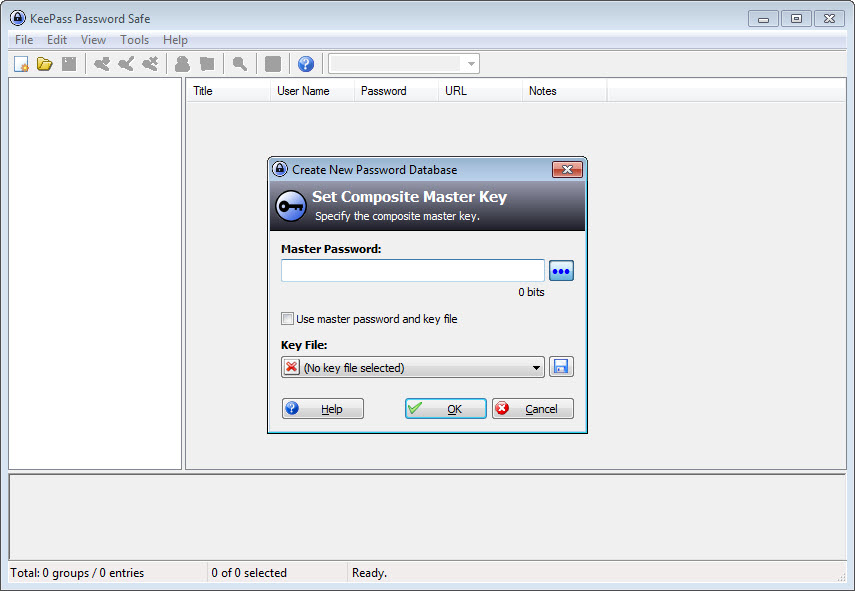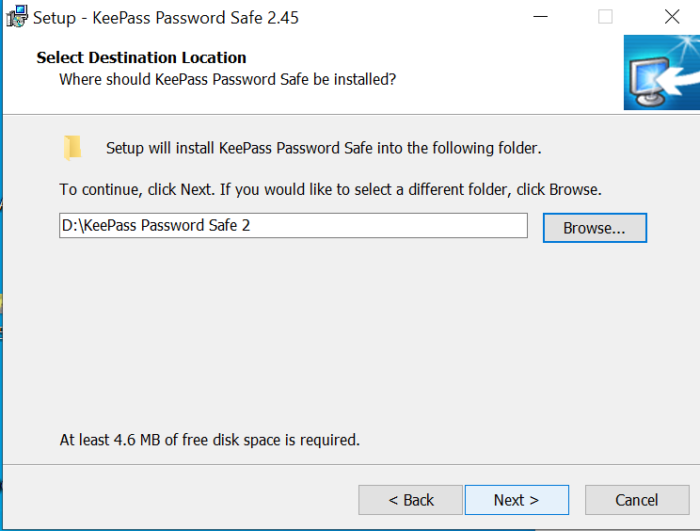
- #QTPASS FOR WINDOWS INSTALL#
- #QTPASS FOR WINDOWS WINDOWS 10#
- #QTPASS FOR WINDOWS PASSWORD#
- #QTPASS FOR WINDOWS DOWNLOAD#
If you find an issue or you want to comment the post you can head to its GitLab page.

#QTPASS FOR WINDOWS INSTALL#
#QTPASS FOR WINDOWS PASSWORD#
Check that the variables reference correct executables and the password store. If it doesn't, open regedit.exe and go to Computer\HKEY_CURRENT_USER\SOFTWARE\IJHack\QtPass.

No, the gpg bundled with git doesn't work.
#QTPASS FOR WINDOWS DOWNLOAD#
The Microsoft store will open and from there you can download Python)
#QTPASS FOR WINDOWS WINDOWS 10#
If you want to integrate with Firefox, Python 3 (If you're running Windows 10 and you don't have Python installed yet you just need to open the command prompt and type python followed by Enter.One of the things that helped me writing this guide is this blog post. The Nigerians are at least only interested in our money, the others want to control our lives.Recently I've migrated to pass, but on its website there is no Windows installation guide. Seriously, we need to be more afraid of our "friendly" government agencies than we should be afraid of Nigerian spammers or Russian or Chinese hackers.

And what the Americans don't intercept, GCHQ in Britain does. For example, here in Germany, all Internet traffic is being routed through DE-CIX in Frankfurt, and all traffic going through there is mirrored - not by German intelligence services, but by US intelligence services. This is not paranoia, since Edward Snowden all suspicions have been confirmed. It also doesn't matter whether that information is stored locally or on some cloud storage: The moment you use your credentials, they are being sent over the Internet, and all that Internet traffic -is- being intercepted at your ISP's core routers. Let's state the obvious, gentlemen: All these things will at best protect you from nosy neighbors and script kiddies, but none of them will protect you from your own government. The fork of TrueCrypt, which in turn had a major security flaw that made its encrpytion easily breakable, which was the reason why the project was abandoned? The best "enterprise-level" commercial application for that purpose that I have seen, unfortunately, is extremely expensive and requires a Windows Server: Mateso Password Safe. It seems to be the most viable option, especially on Linux. I work at the Max Planck Society and KeePassXC is being used by many people at many of our institutes, simply because it is free and available on all major platforms. I've yet to see a password manager that is usable and "impressive".


 0 kommentar(er)
0 kommentar(er)
